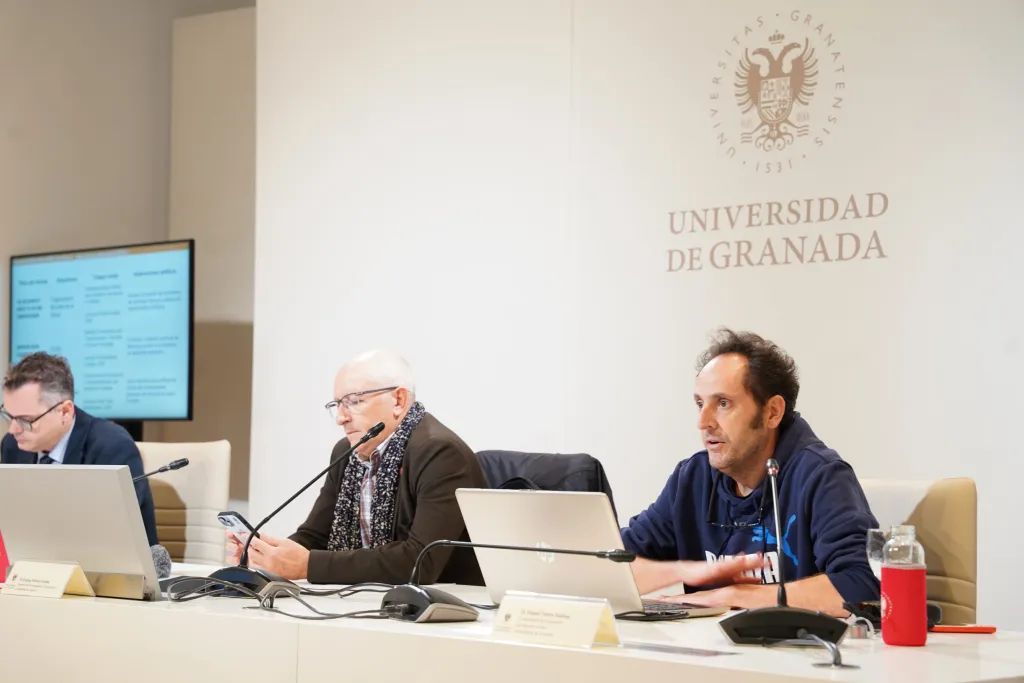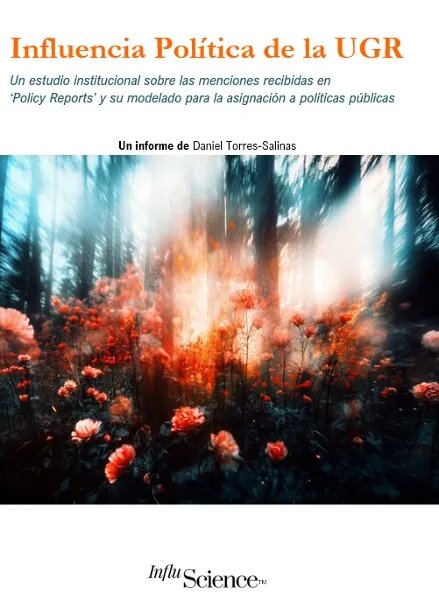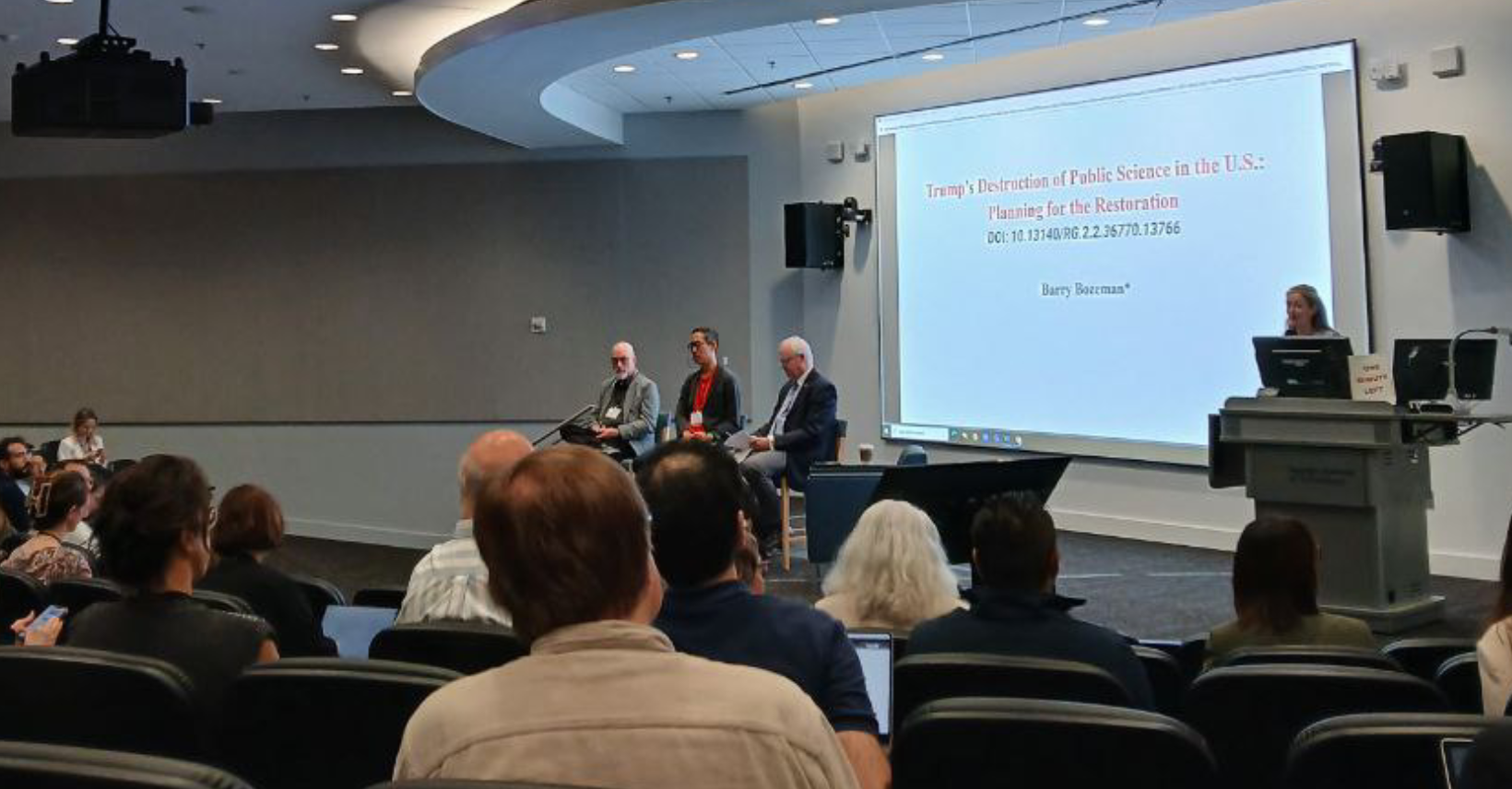The study uses the Overton platform and altmetrics to measure the social impact of UGR research in reports from international organizations, positioning the university as a benchmark in analyzing its influence on public policy.
The University of Granada published its first Policy Report on October 28, an innovative report that analyzes the institution’s relevance in the formulation of both national and international public policies.
Coordinated by Daniel Torres Salinas, an expert in social impact assessment and a guarantor of our unit, the report reveals that UGR research has been cited over 8,000 times in reports from international organizations, underscoring the importance of the university’s scientific output in the policy sphere.

Using the Overton database and altmetrics, the study traces the impact of UGR research beyond traditional academic citations, capturing its political and social influence. Through mentions in other policy reports, the study identified 8,268 references to UGR researchers’ work in public policy reports.
For instance, many of these mentions come from high-profile international and national organizations.
| Distinction | Organization Name | Number of Mentions |
|---|---|---|
| International | World Health Organization (WHO) | 254 |
| Organisation for Economic Co-operation and Development (OECD) | 158 | |
| United Nations (FAO) | 143 | |
| World Bank | 94 | |
| European Union | 745 | |
| Publications Office of the EU | 363 | |
| European Parliamentary Research Service | 37 | |
| European Central Bank | 23 | |
| National | Spanish Government | 443 |
| Andalusian Regional Government | 336 |
This analysis, driven by the UGR’s Vice-Rectorate for Social Innovation, Employability, and Entrepreneurship, identifies 50 authors whose research has had a significant impact on policies aligned with the Sustainable Development Goals (SDGs). In particular, their studies have influenced initiatives in areas such as public health (SDG 3: Good Health and Well-being), climate action (SDG 13), and sustainable city design (SDG 11). These findings underscore UGR’s central role in promoting social and economic development, establishing it as a leading institution in applied research.



